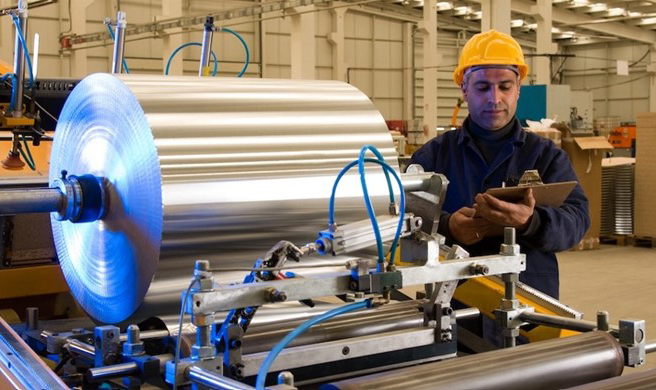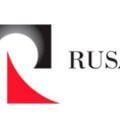The Russian multinational Rusal recently approved a corporate policy on biodiversity conservation. Rusal’s biodiversity conservation policy recognizes the importance of efforts to preserve biological species, especially those under protection, as well as their habitats, which are crucial for species conservation. The new policy introduces a risk-based approach, where risk assessment is mandatory to preserve biodiversity when planning and implementing operational activities.
The company’s key principles include responsible management of biodiversity and an assessment of the efforts made to understand how they affect the environment. Some examples are the forestry projects that Rusal has implemented and that can be seen as positive for the environment, for certain social groups and for the economy. These initiatives help the development of natural wildlife habitats (e.g. CO2 growth) and tourism.
Rusal plans to partner with scientific organizations to monitor and ensure the well-being of the area where its production is located. Thus, research will be coordinated in the regions where the company is present, including experts and the community to evaluate its efforts to conserve biodiversity.
Krasnoyarsk, Bratsk, Shelekhov and Novokuznetsk are Siberian aluminum smelters that were evaluated by the project for ecological modernization. Some specialists have said that the only bad thing would be the damage to this industry due to regulations. However, this project will have a healthier impact. An independent expert review has confirmed that by reducing pollutant emissions, mitigation of the impact on flora and fauna is ensured. Because on-site landscaping programs are part of the green retrofit program, the total area of urban greening at industrial outreach sites will increase from 10% to 37%.
According to the UN, there are more than 1.75 million plants and animals for which information is available. It is estimated that the actual number of such creations exceeds 13 million. Despite the fact that it is obvious that we must do everything possible to maintain these species for future generations, a decline has been observed at alarming rates.
“For us at Rusal, it is obvious that economic factors have a direct influence on the planet’s biodiversity. We believe that our biodiversity preservation projects should be more relevant to all of Rusal’s stakeholders: to the residents of the territories where the Company operates, experts and scientists, our customers, employees, regulators and investors. This is what our biodiversity policy is all about: we have big plans and we intend to implement them in full. This will help ensure sustainable living in the territories of our responsibility.”said Irina Bakhtina, Rusal’s Sustainability Director.














